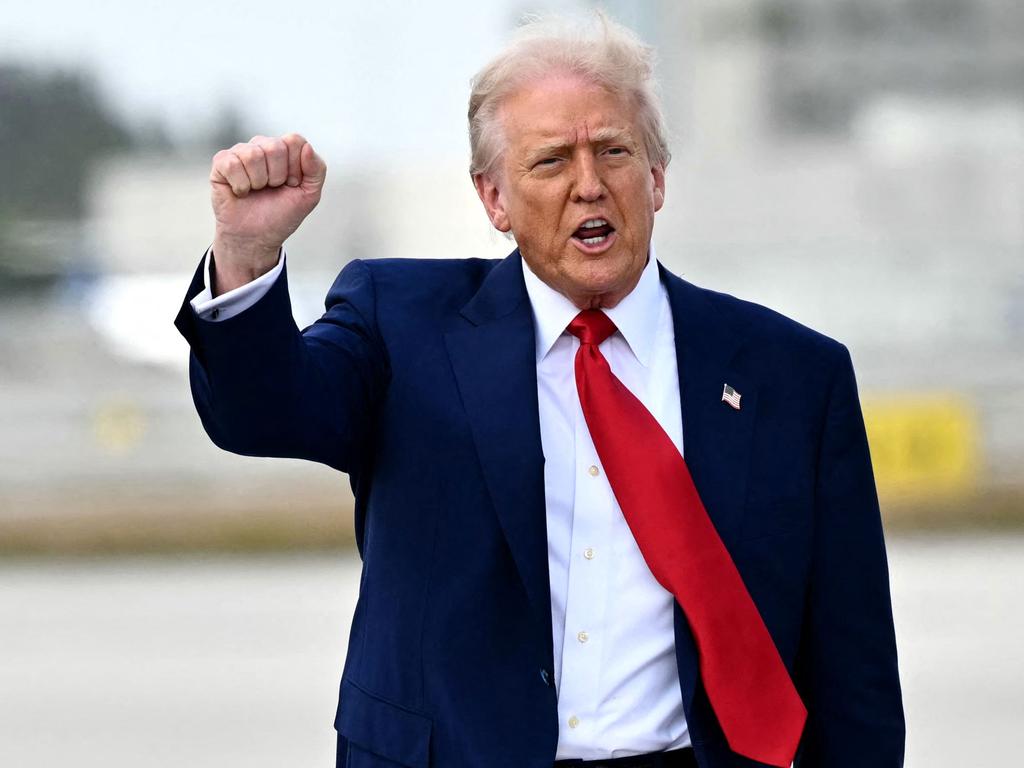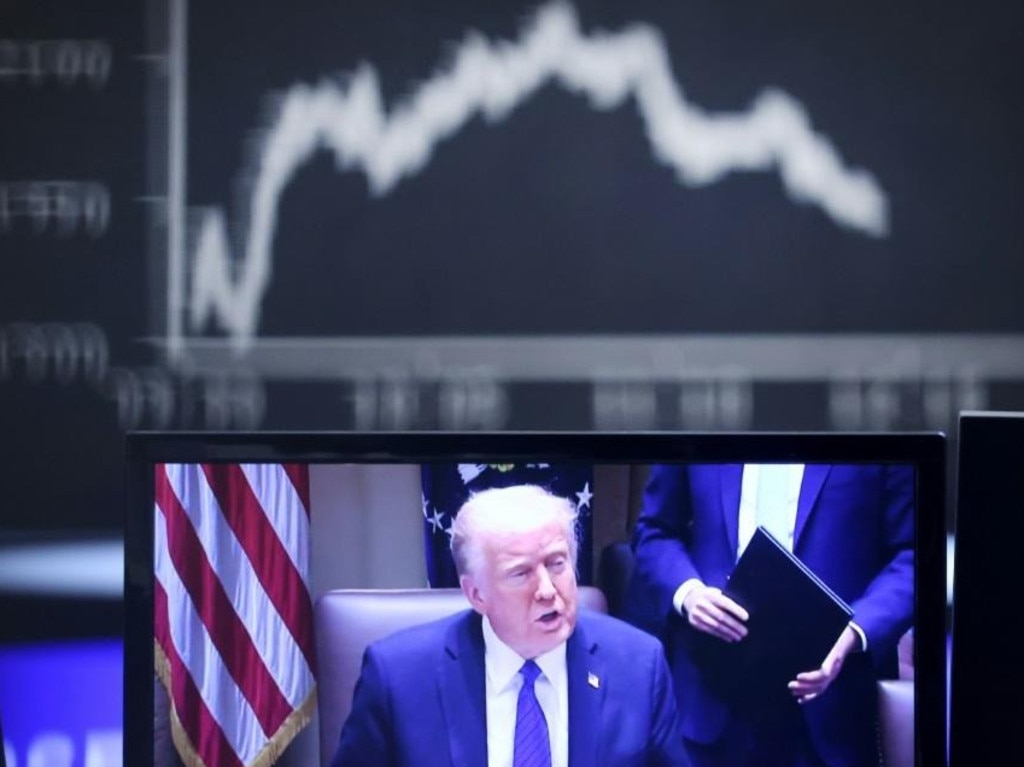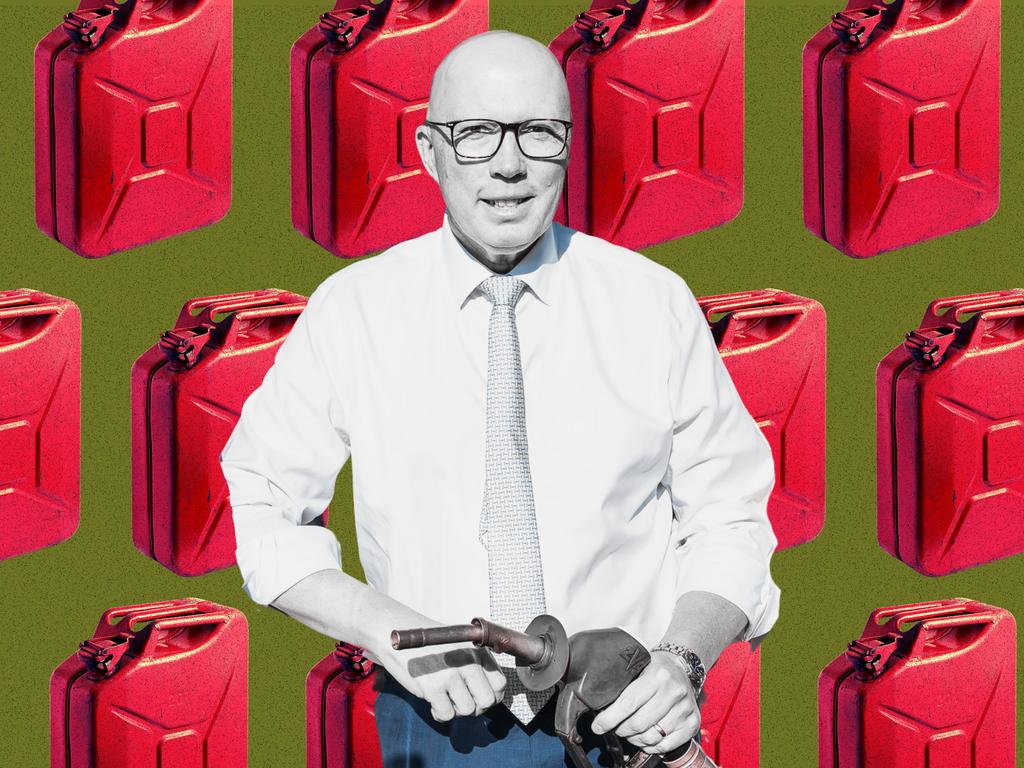Unleashed Trump goes rogue before the world
The immediate task is to stay calm, keep making the trade argument for a concession but take the essential leap to greater defence self-reliance.
The US, under Donald Trump, has gone rogue. Trump is now unleashed in his full devastating consequences. His executive order seeks to dismantle the world trade system originating from 1947, threatening disruption, recessions and a new protectionist Fortress America.
Trump’s new tariff regime is the final termination of the age of trade liberalisation and globalisation that has lifted incomes around the world and been pivotal in Australia’s prosperity. His tariffs have been almost universally rejected by other nations and are imposed on countries whether “friend or foe”, revealing Trump discounts any strategic partnerships and historical ties in his pursuit of an inward-looking, protectionist America.
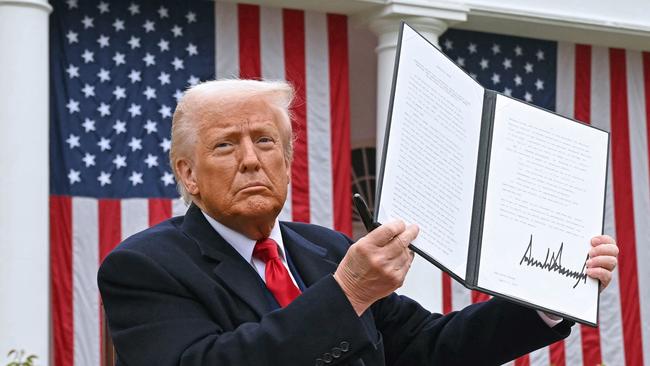
His executive order is one of the most important documents emerging from the White House since World War II. It repudiates, literally, the foundations of the post-war trade prosperity model. It will transform the world economic order, risk a global trade war, further undermine trade links between the US and China, deepen the harm to the once prized system of US alliances and have grave implications for the world strategic order. The initial rout on Wall Street is entirely predictable.
Revealing the depth of his paranoia about free trade, Trump casts America as the victim of the trade system, saying: “For decades, our country has been looted, pillaged, raped and plundered by nations near and far, both friend and foe alike.” Casting America as the victim and himself as the liberator, Trump is likely to win immediate electoral kudos at home.
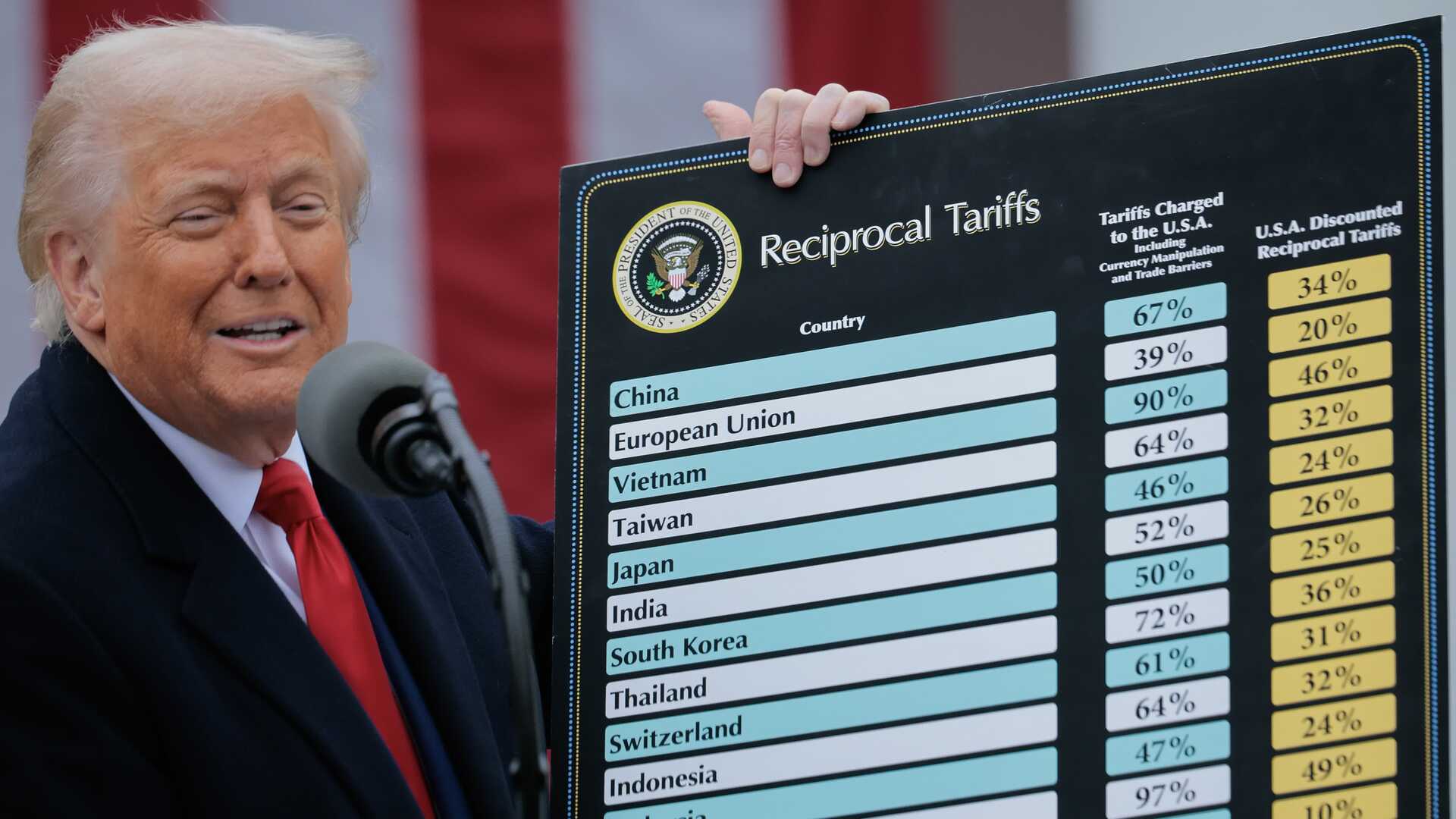
But his revolution will come with higher inflation in the US, a loss of investor confidence and the prospect of trade retaliation from other nations. Trump misconstrues the meaning of tariffs, denies they function as a tax and proclaims a new golden age for the US with its industry being reborn. The hope, perhaps forlorn, for a reprieve may arise when the economic damage to America becomes manifest.
While Trump has some justification in China’s manipulation of trade rules, his assault on the global system is a false and chaotic answer. The calculations that form the basis of his “reciprocal” tariffs are imprecise or fraudulent. The rational assessment is that these are not serious people – yet they have the power to change the world, a pointer to genuine danger.
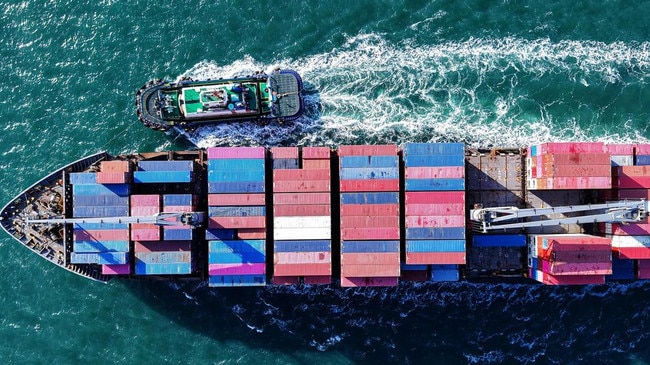
Trump signals he will now be ready to negotiate with other leaders with his executive order providing for him to ease or increase his tariffs, depending on the response. China, the EU and Canada are likely to retaliate. US Treasury Secretary Scott Bessent warned nations that retaliated would face even higher tariffs and said: “As long as you don’t retaliate this is the high end of the number.”
Trump imposes so-called reciprocal tariffs on many nations and also imposes a 10 per cent “baseline” tariff on any nation selling into the US market.
The upshot is Trump’s tariff on China’s goods is now 54 per cent (the new 34 per cent added to the existing 20 per cent) while other tariffs include the EU 20 per cent, Japan 24 per cent, South Korea 26 per cent, Taiwan 32 per cent, India 27 per cent and Indonesia 32 per cent. Australia’s new tariff is the baseline 10 per cent.
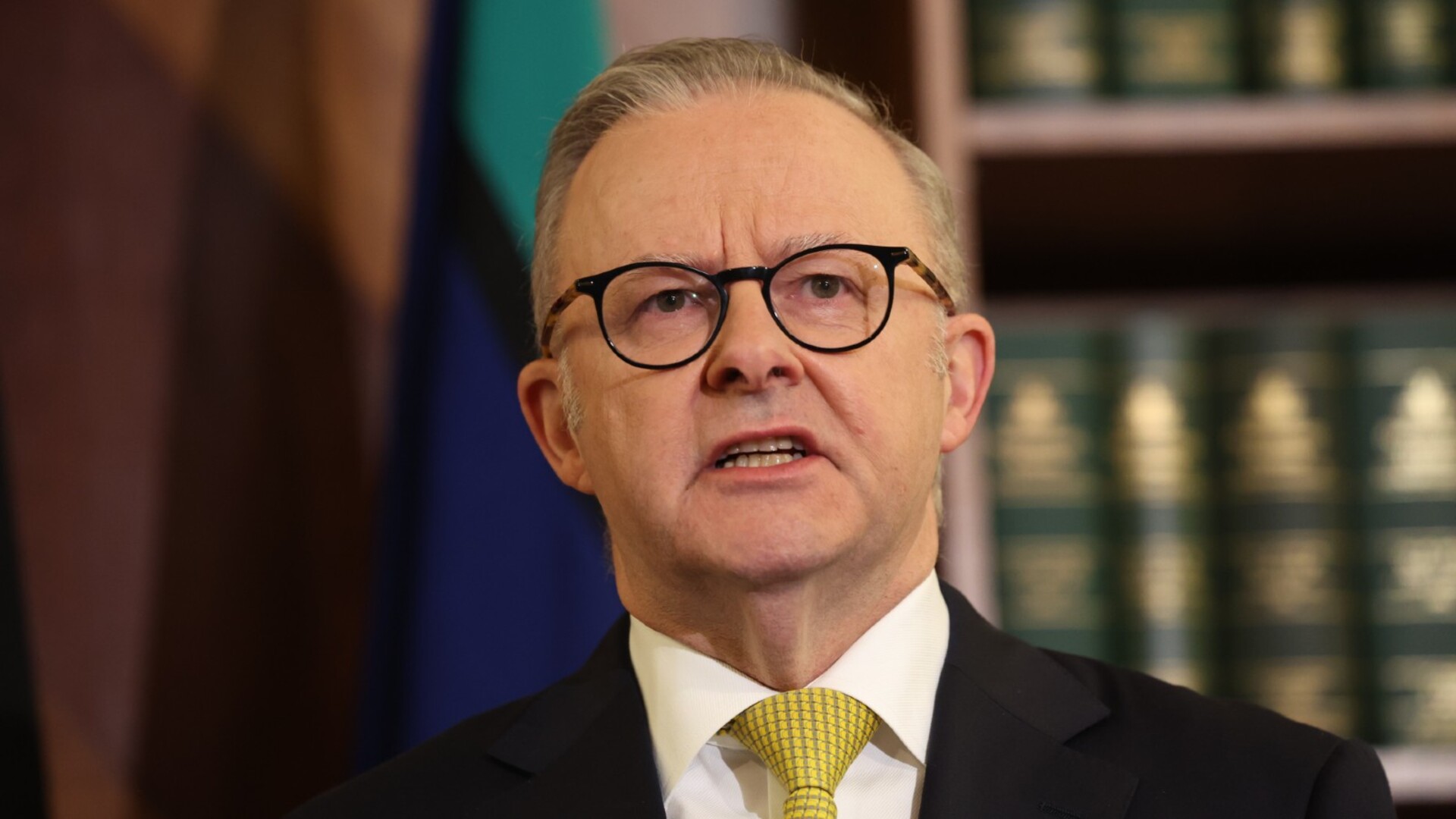
Australia is damaged but gets off with the least worst harm. Trump’s “reciprocal” calculations in relation to Australia are fraudulent since we impose virtually no tariffs on US exports to this country. Australia is not specifically targeted.
But this is a direct assault on Australia’s trade, agricultural exports, our beef industry and economic interests levied by our traditional alliance partner on an unjustified basis. The real impact on Australia will arise from the wider attack on world trade and economic growth from Trump’s unprecedented actions. The upshot is likely to see the Reserve Bank shift more to interest rate cuts.
Anthony Albanese said the tariffs on Australia were “totally unwarranted”. He said: “The administration’s tariffs have no basis in logic and go against the basis of our two nations’ partnership. This is not the act of a friend.” The Prime Minister said any reciprocal tariff for Australia would be zero, not 10 per cent.
In a direct repudiation of Trump, Albanese said the decisions “will push up costs for American households” and that it was “the American people who will pay the biggest price for these unjustified tariffs”. For that reason Australia would not retaliate by seeking to impose its own reciprocal tariffs on America. This is a sound decision. Retaliation by Australia would be counter-productive.
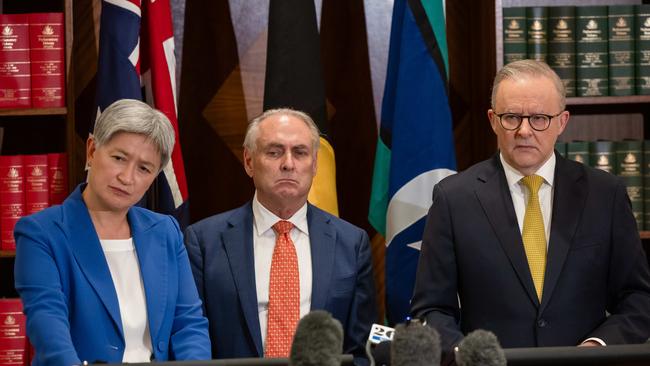
Albanese was strong but measured, careful not to personalise an attack on Trump. Significantly, Albanese issued two warnings: our shared friendship and alliance were bigger than this “poor decision” by Trump and his decision “will have consequences for how Australians see this relationship”. But Trump doesn’t care how other nations regard him. Indeed, he will risk recession to impose his trade dogma.
This is a hostile act against Australia. Most Australians, unimpressed by Trump, will turn further against him. Trump’s decision inevitably injects him into the Australian election campaign. But the pro-Trump bandwagon in Australia, already badly depleted, will soon resemble a broken jalopy.
Albanese and Peter Dutton have a near identical policy response to Trump’s tariffs, rejecting them and pledging to negotiate a better deal. Yet Trump’s intervention is likelier to favour Albanese, who has spelt out a firm position in the national interest. Albanese will depict the Opposition Leader as closer to Trump and the risk for the Coalition lies in a mini Canada effect.
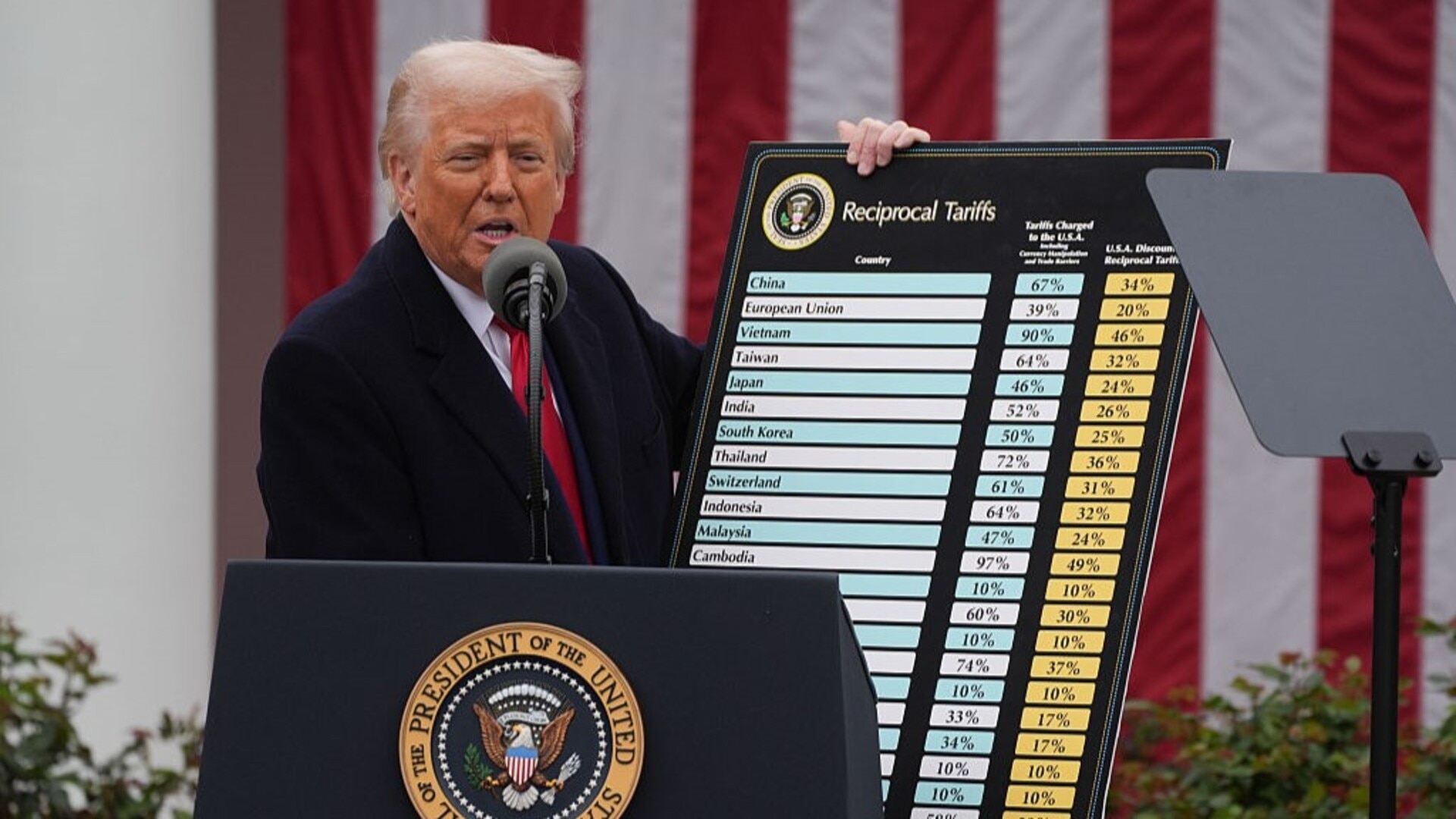
Conservative parties in Western democracies are being undermined by potential similarity with Trump. Being seen to be a better manager of Trump – or close to Trump – is more a negative than a plus. The Coalition badly misjudged Trump and now is stranded, engaged in a U-turn. Dutton’s response on Thursday was tactically flawed. For months he has been locked into the Coalition negative campaign insisting any problem in the Trump relationship was the fault of Albanese and Kevin Rudd. When no other leader won an exemption from Trump’s recent tariffs on steel and aluminium, Dutton blamed Labor, making the spurious claim he could have got an exemption.
This week Dutton doubled down on his tactical blunder – engaging in the absurd pretence that, unique among world leaders, he could have achieved a better deal for our country over the 10 per cent tariffs. Who would be fool enough to believe this? Dutton blames Albanese for Trump’s tariffs on Australia – yet that is obviously false. The person to blame is Trump. Trump’s mission was to dismantle the liberal trade system, punishing enemies and allies alike, and that would have included Dutton had he been prime minister.
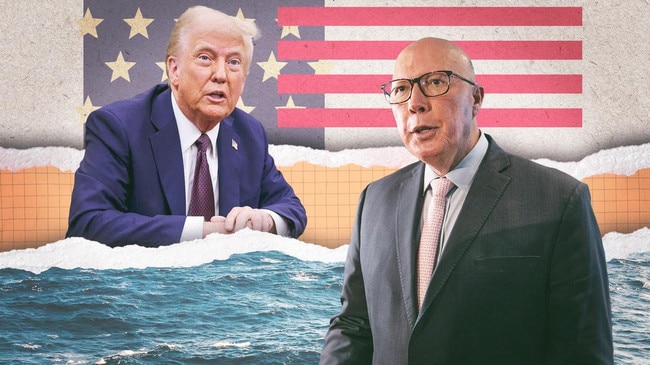
Dutton says he would use the critical minerals card in negotiations with Trump. But Labor has used this for weeks in its intense negotiations with the Trump administration. Nothing new there. Dutton cannot offer any reasons why he could get a better deal from Trump and has to fall back on the past success of the Turnbull and Morrison governments, but that is irrelevant now. The related problem for Dutton is that the Trump factor makes it harder for the Coalition to get clean air on Albanese’s real security weakness – his obsessive accommodation of China at the precise time when China’s navy engages in great power provocation of Australia, an omen of our future.
Albanese cannot summon the strength to even address China’s provocation and engages in virtual excuses for the activities of its navy, even pretending that an Australian ship in the South China Sea is equivalent to Chinese navy intelligence-gathering activities off Australia’s coastline. Why didn’t Dutton run a tactic of political unification on Trump and maximum differentiation on China? When, pray, will the Coalition release its increased defence budget and will the increase be meaningful?
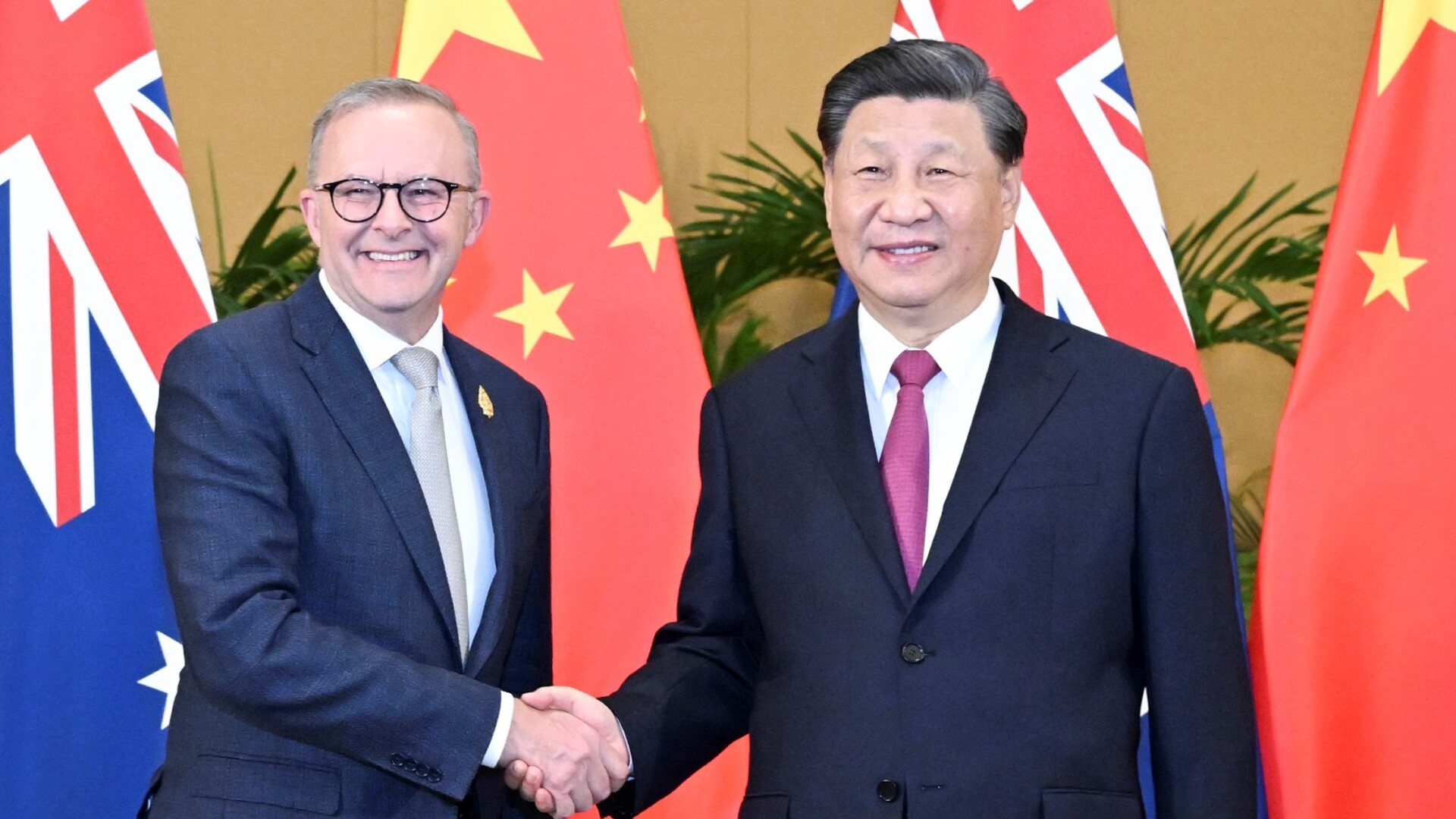
Albanese, in addition, faces the task of quarantining anti-Trump hostility from spilling into the alliance and reinforcing the campaign against AUKUS and its nuclear-powered submarine agreement to which Labor is committed. During the election campaign, at least, it is vital for Labor to keep the broader strategic relationship separate from Trump’s trade campaign against Australia.
Yet the pressure for a rethink of the alliance partnership will intensify; witness the Malcolm Turnbull-inspired conference in Canberra last Monday.
Speaking at this conference three days before Trump’s tariff statement, Heather Smith, former departmental chief and G20 sherpa for the Abbott government at the 2014 summit, offered a prescient analysis: “The fragmentation of the international economic system is now a fact. The US is dismantling the foundations of its global hegemony, along with the norms and values that have underpinned the US-Australia relationship. And this dismantling cannot be reversed by a change of administration; once gone, always gone!
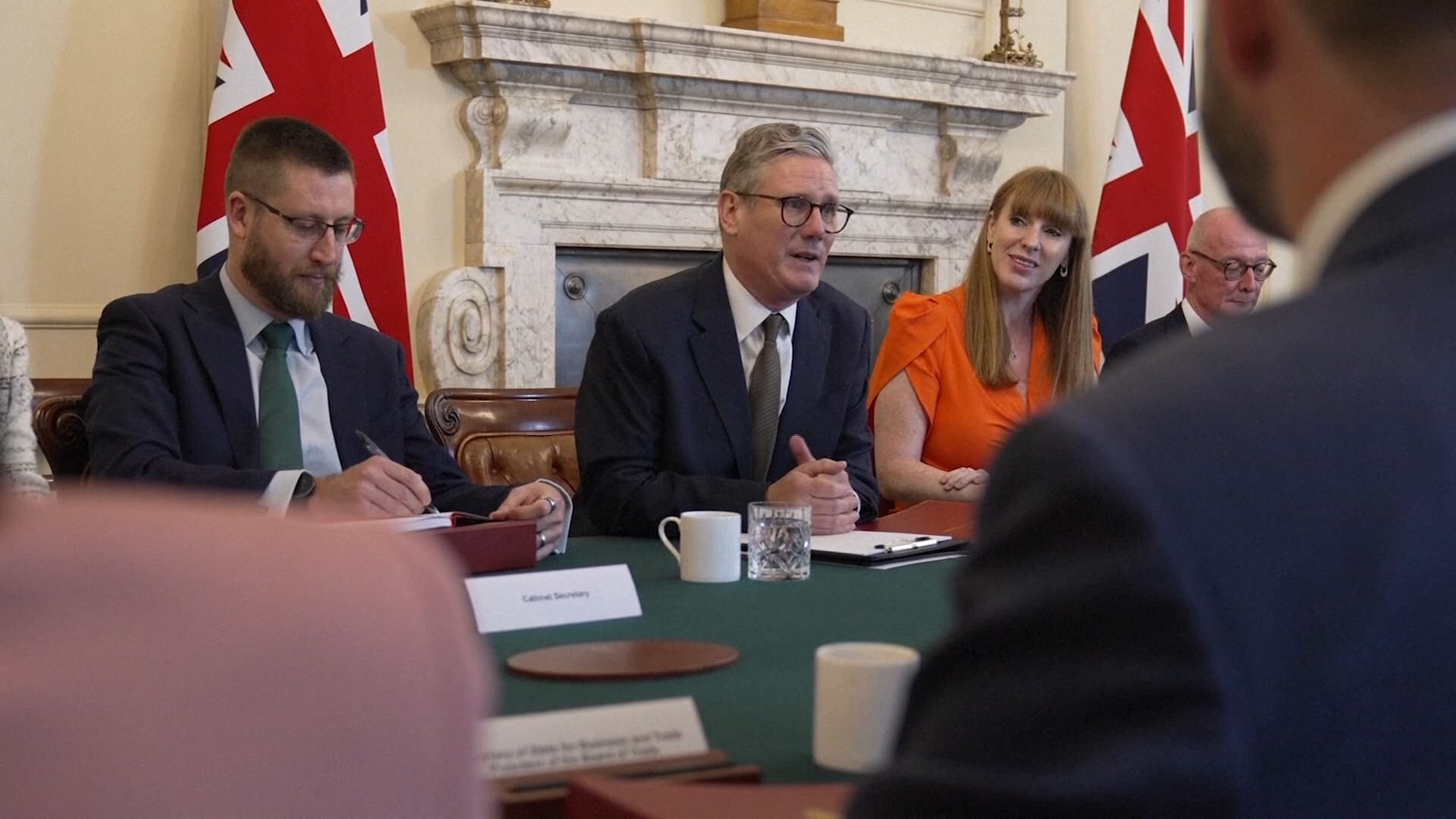
“The US has adopted a mercantilist view of the world with conflicting goals, where tariffs are the answer to everything. We are in uncharted waters. It will be lonelier and more fraught for Australia in this multipolar world, as demonstrated by both the US and China having engaged in economic coercion against us.”
Smith argued that in this world a strong, reform-based Australian economy was essential now as a national security policy imperative. Obviously, this should be the Coalition brief – yet it lacks an economic reform-based agenda for the 2025 election. Major problem.
The nation seems immobilised before the looming crisis identified by Smith: how to balance our interests in a world where the US retreats from the global order and China positions to become the regional hegemon “earlier than ever it expected.”
Unsurprisingly, Paul Keating seized on what he saw as the transformation inherent in Trump’s assault on the global trade system.
“Today’s tariff announcements change the world geo-economic settings and, with it, the world’s geo-strategic settings,” Keating said. He said the phalanx of American acolytes in Australia “must have choked on their breakfasts as Donald Trump laid out his blitzkrieg on globalisation, with all its implications for the rupture of co-operation and goodwill among nations.
“The announcement represents the effective death knell of NATO, a severing that will inform all other allied relationships with America including ANZUS with Australia.”
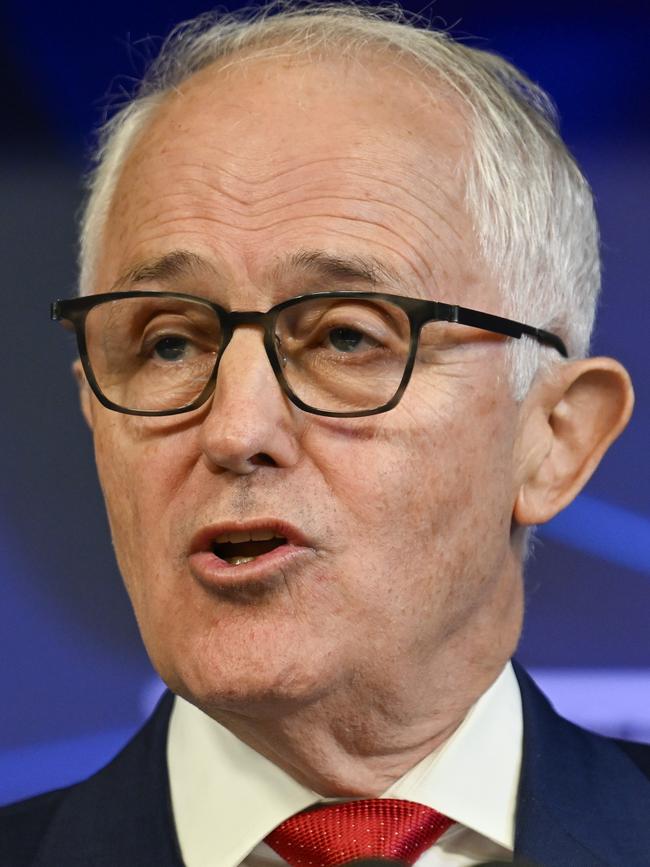
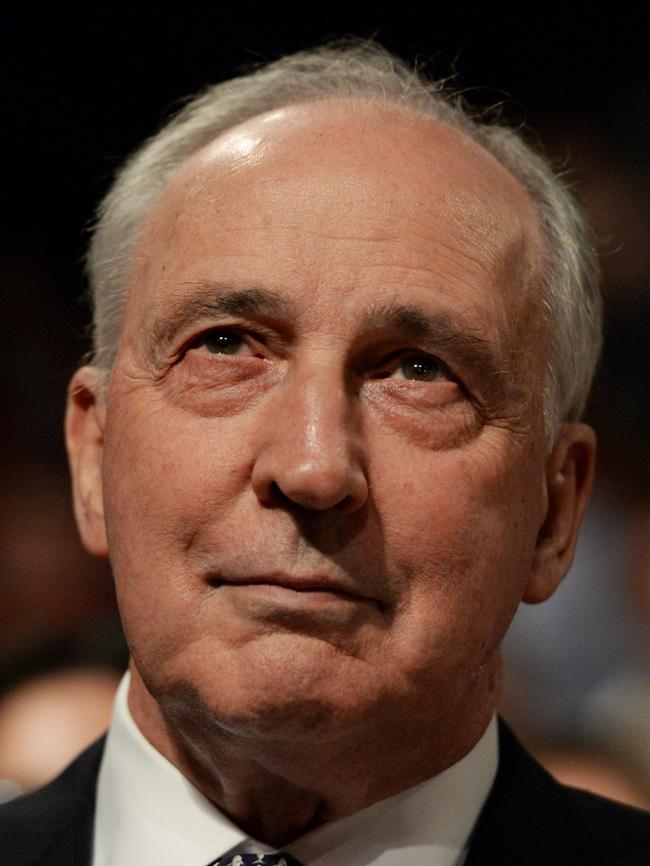
Neither Labor nor Coalition will accept this view. Nor should they. Australia must await Trump’s plans for the Indo-Pacific where he can be expected to uphold the alliance with Australia.
Our immediate task is to stay calm, navigate the best strategic passage with Trump, keep making the trade argument for a trade concession but take the essential leap to a bigger defence budget and more defence self-reliance.
Trump’s response to the sharemarket rout and massive criticism of his tariff decision was predictable: he doubled down. On Wall Street the S&P 500 fell almost 5 per cent, the worst result since mid-2020. Trump delivered the immortal line: “Remember there are no tariffs if you build your plant or make your product in the US.”
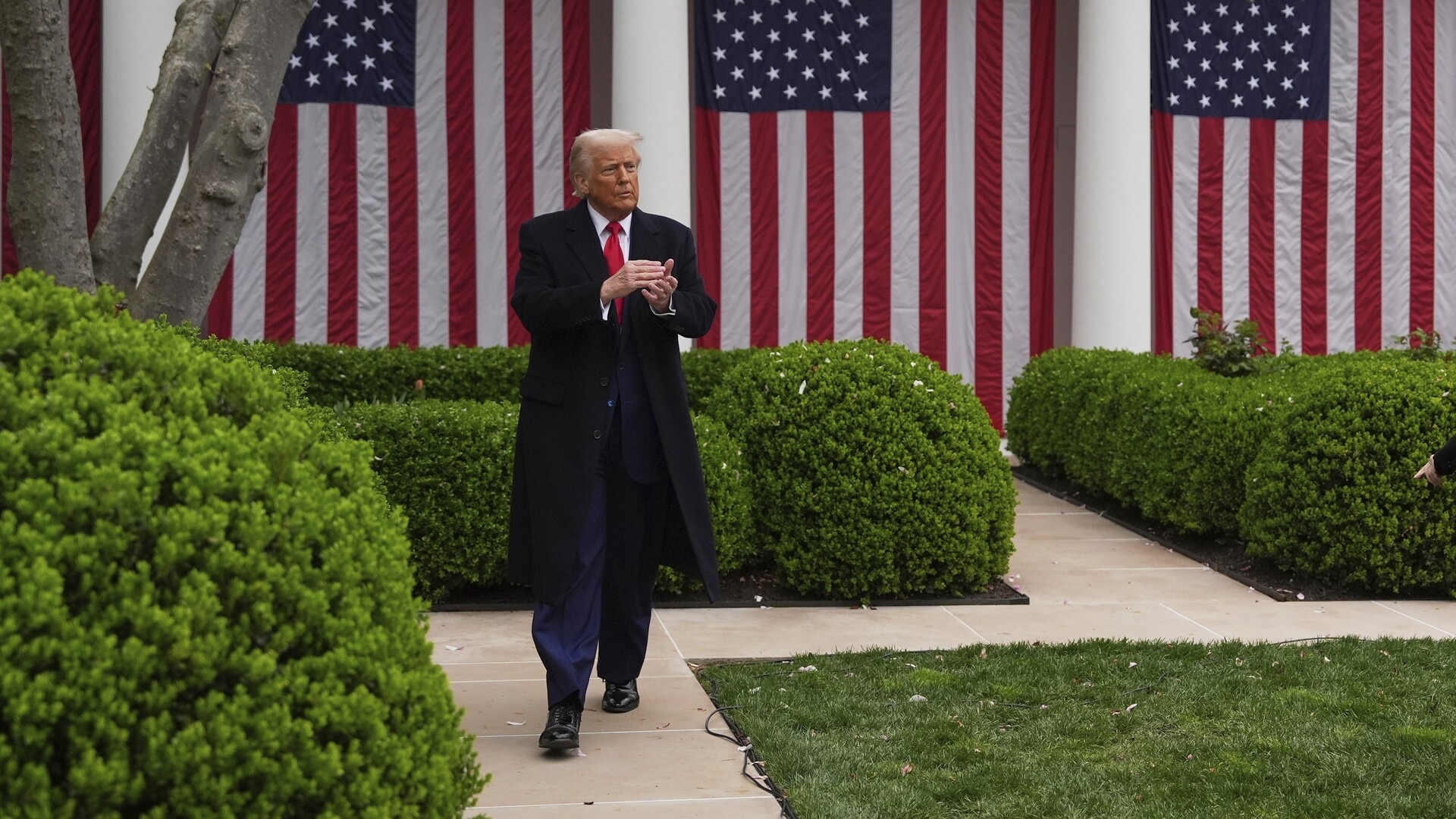
Bloomberg columnist John Authers said: “Tariffs at these levels would turn America into its own economic island, trading only with itself. Horizontal links with the rest of the world are out.
“Yes, the globalised status quo isn’t working, but it’s difficult to see how this will be any better. Back-of-envelope math suggests that this is even bigger than the Smoot-Hawley tariffs at the beginning of the Great Depression.”
The Wall Street Journal said: “There will certainly be higher costs for American consumers and businesses. Tariffs are taxes and when you tax something you get less of it. Car prices will rise by thousands of dollars, including those made in America.
“Mr Trump is making a deliberate decision to transfer wealth from consumers to businesses and workers protected from competition behind high tariff walls. Over time this will mean the gradual erosion of US competitiveness. The cost in lost American influence will be considerable. Mr Trump’s new tariff onslaught is giving China another opening to use its large market to court American allies.”
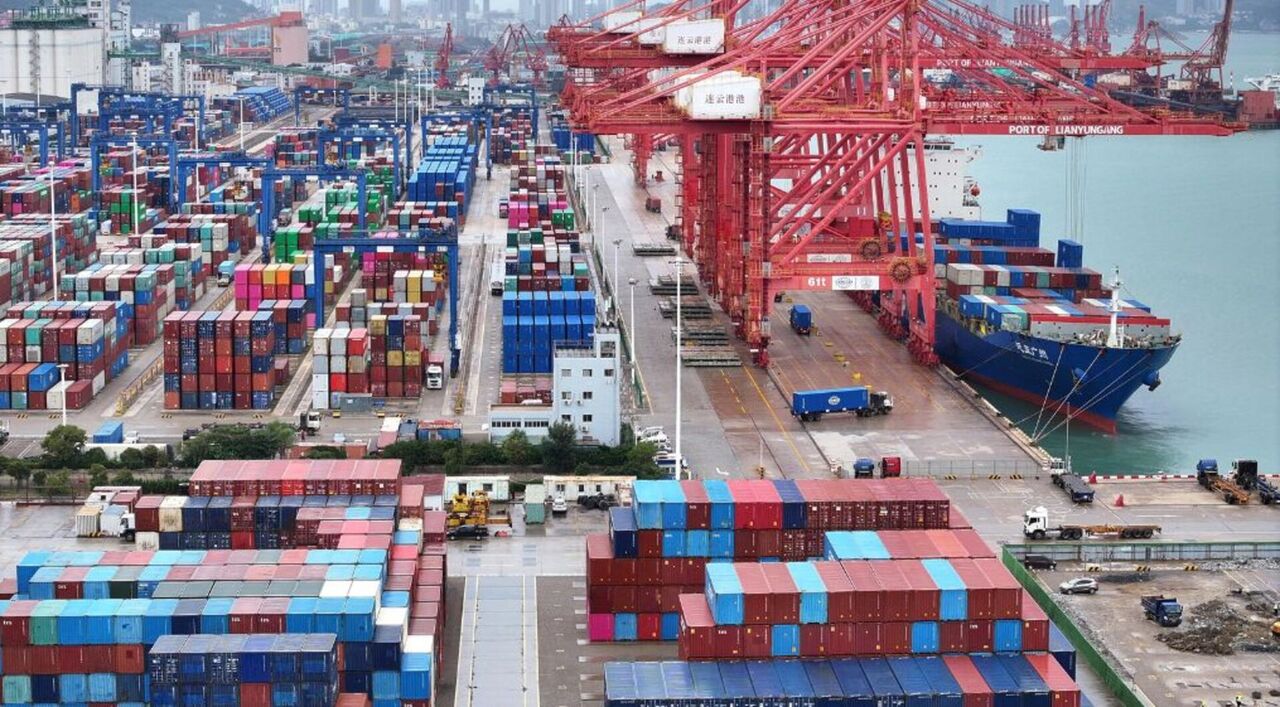
Asia has been particularly hard hit. Trade diplomacy will get turbocharged and Australia, presumably, will be involved. Already Japan and South Korea are talking with China about a form of co-ordinated response.
Frankly, these decisions reveal Trump to be brain-dead in terms of national interest economic and strategic sentiment in Asia. While Trump demands that allies do more and spend more on their own defence, he punishes them with high tariffs and says allies are often worse than enemies in their use of tariffs. He is clueless about trade policy as an instrument of broader strategic policy. He is alienating most nations in Asia – whether America’s partners or not – and virtually inviting them into deeper economic dialogue with China.
This is a devastating blow for Australian foreign policy.
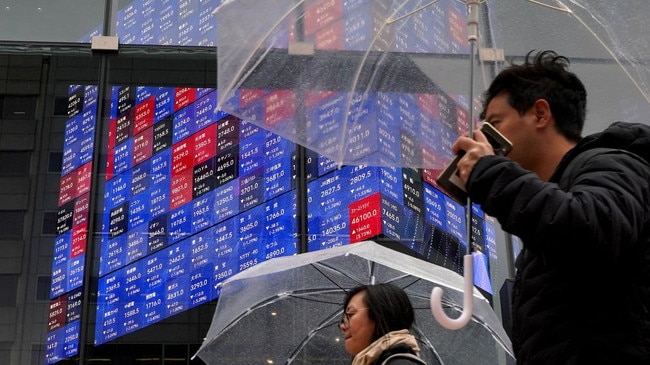
The only conclusion is that Trump’s America has no viable trade and economic game plan for Asia to serve as a counterpoint to China, the precise role Australia wants the US to play.
In the process Trump undermines the image of the US as a trusting and responsible nation on whom other countries can rely as a great power. This confirms his determination to end America’s role as a post-war economic and strategic guardian of the global system in favour of a rudimentary withdrawal, perhaps even to the Western Hemisphere.
As Bob Carr told Sky News this week, Trump’s tariff decisions destroy the mantra of his apologists that Trump should be taken seriously but not literally. Wrong – he must be taken literally.
Think about Greenland, Panama, Ukraine and Canada. Trump says the US “will get Greenland”. New Canadian Prime Minister Mark Carney says Canada’s relationship with the US based on economic integration and security co-operation is “over”.
Trump does not just view tariffs as a bargaining tool. He sees them as pivotal to the re-industrialisation of America, the curing of its trade deficit and as a revenue mechanism to reduce personal income tax. He embarks on an experiment plagued with contradictions and a change agenda where his success is improbable.
Financial Times trade policy analyst Alan Beattie said: “This isn’t part of a carefully designed industrial policy or a cunning strategy to induce compliance among trading partners or a choreographed appearance of chaos to scare other governments into obedience. It’s wildly destructive stupidity.”
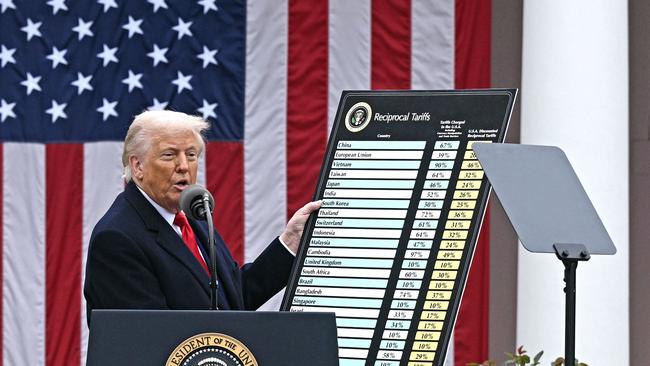
The incompetence of Trump’s tariff table is an insult to US governance. It includes entities that are not even countries. This administration is a danger to itself and the world.
The core of the problem is the erosion of trust in the US. Trump’s intellectual failure is his view of trade and tariffs as a zero-sum game – gains for one nation are losses for another nation.
Having an American president embracing this false proposition and then making global policy based on this falsity will not only damage global growth but generate trade resentments on top of existing strategic rivalries.
Trump will punish all other nations in his quest to “Make America Great Again”. There will be many unpredictable consequences but one guaranteed consequence – he will turn people and nations against America, and that’s a tragedy.


